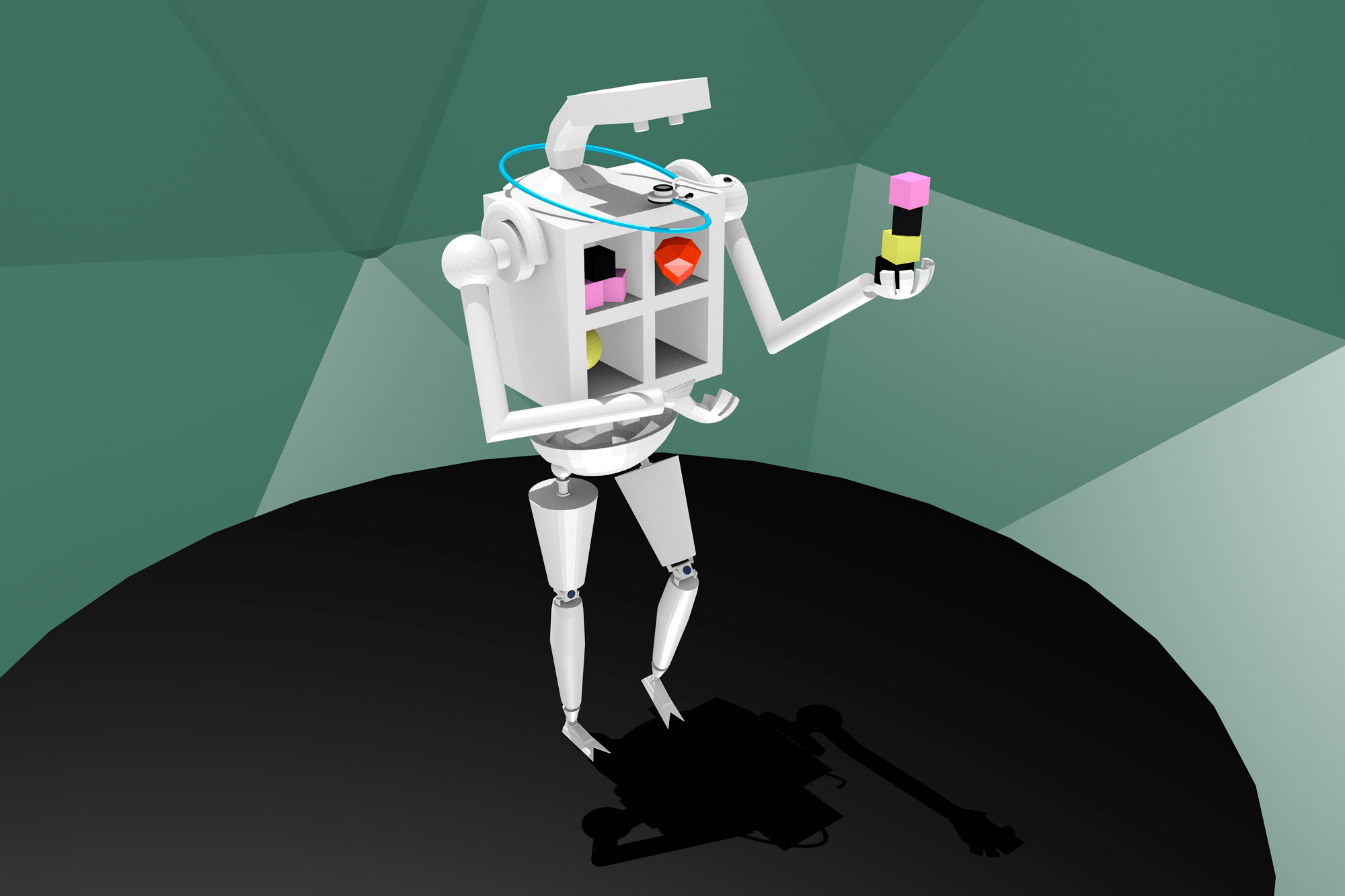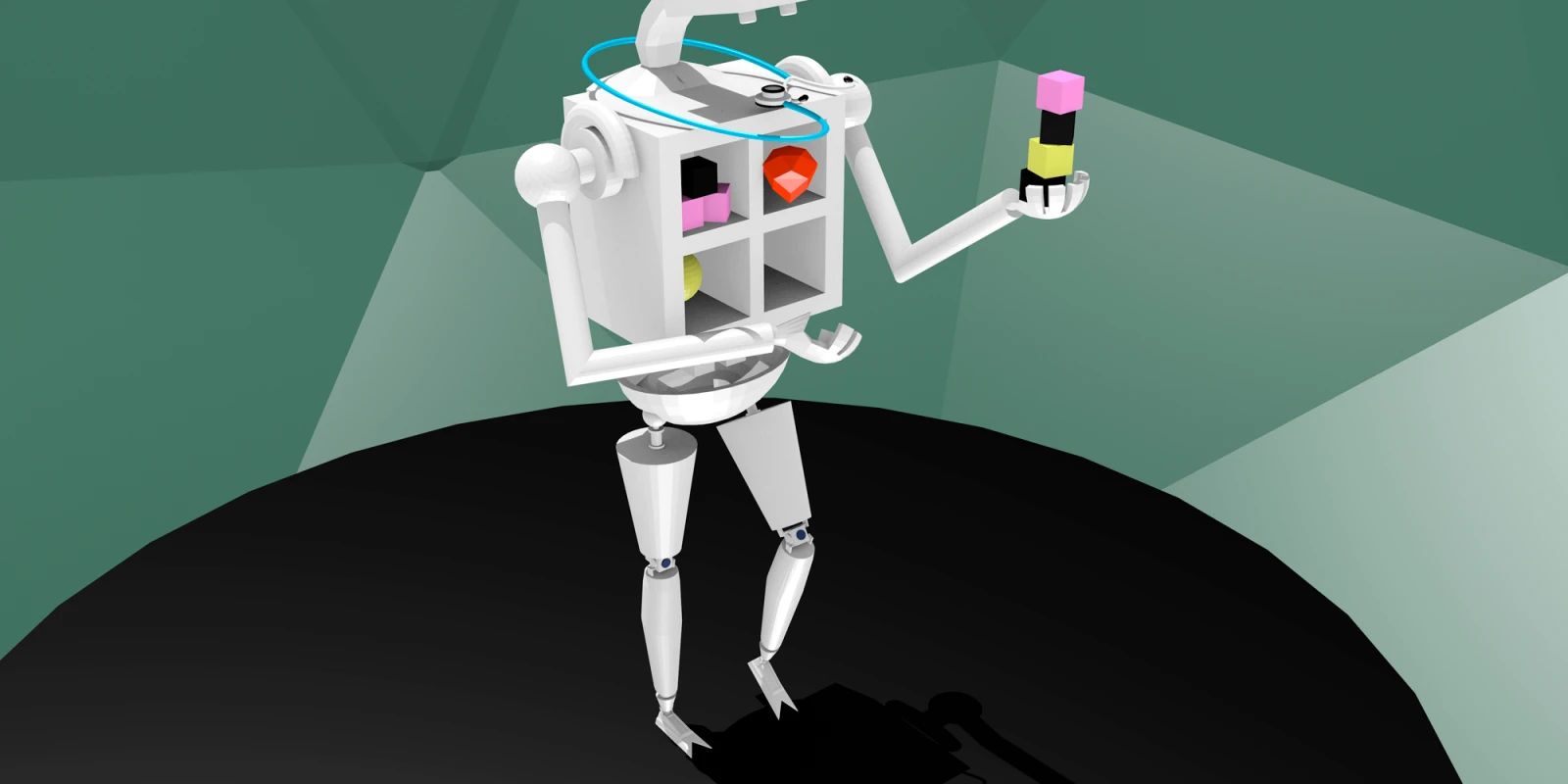
Editor's Note: The following article contains spoilers for the fifth season of "Black Mirror"
In the most recently released season of Netflix's "Black Mirror," the show continues to show fictional advancements in technology and the implications when technology is taken to an extreme. For example, a past episode shows a future where phone applications allow everyone to rate each other and trade social capital for real benefits, even if it results from fake interactions. What would that technology do to people who have to be "professional" at all times to maintain their persona? These professionals would need to have savoir-faire, or the ability to act and speak appropriately in social situations.
Two episodes of the newest season are about savoir-faire in people who are in stressful situations, and how hollow some robotic responses can sound. In "Jack, Rachel and Ashley Too," an Artificial Intelligence robot is getting some basic background information about one of the characters, during which the girl says that her mom died a few years ago. The robot replies, “I’m so sorry to hear that. If at any time you wanna talk about it, I’ll be here for you.”. The robot’s programmed personality and mannerisms make its response feel sincere. Is it unreasonable to expect that a computer can respond empathically to sad situations but without real feelings? All health care professionals know that our approaches to difficult conversations rely on organically adapting to changing circumstances. Yet these skills are assessed by the licensing board as difficult interactions that can be solved, usually with a scripted reply to fake patients.
In another episode, "Smithereens," a CEO of a popular social media company is talking over the phone to a gunman across the globe. The CEO is coached by his staff and psychological experts as he talks to the gunman. Instant messages are sent to the CEO’s computer from the rest of his team on how to approach the conversation: “Got Psych Team to put together some strategies for talking w/Chris. Advice follows: 1. LET HIM KNOW YOU’RE LISTENING 2. EMPATHIZE WITH HIS POSITION.”
As the gunman is finishing his story, the CEO, reading the advice, tells him, “I hear you.” But the gunman is jarred and replies, “Of course you f---ing hear me!”
“You sound like you’re in a lot of pain,” says the CEO in a caring tone.
“Oh, Jesus f---ing Christ! Speak like a f---ing human being!”
“I’m sorry. Okay?” Here the CEO closes the laptop and the advice from the psychological experts, “I’m sorry. They gave me bullshit advice.”
Step 2 Clinical Skills (CS) exam is a practical testing scenario for senior medical students where the students interview standardized patients, gather a history, do an examination, respond to patient questions, and then document their findings and the next diagnostic steps to reach a diagnosis. There is utility in having these "simulation" sessions, and these experiences are replicated in many U.S. medical schools that hire actors for Objective Standardized Clinical Exams (OSCEs), which students must pass a threshold to continue to advance in school. These OSCEs can be immensely helpful for practicing physical examinations and keeping the patient at the center of the practice, instead of technology.
By one measure, these are an exercise in acting, not patient care. The standardized patient’s grandmother did not really die of breast cancer, their spouse is not sick at home. Yet every student preparing for these exams knows that when the actor-patient brings that up, it is required to express empathy in an efficient manner and at that time so that neither student nor actor-grader forgets that it was addressed. In fact, the methods used by the CEO would get full marks for empathizing. Because it is a standardized encounter and there are strict time limits, students cannot perseverate and cannot “speak like a f---ing human being.” Even though the measures are imperfect, should medical students never practice responding to patients in difficult emotional situations? Absolutely not. Certain non-graded simulation exercises were some of my best learning experiences in medical school. The difference was that there were guides but not necessarily formulas for success.
What does it say about our profession when empathy is distilled to algorithms and human connection can be reduced to a communication and interpersonal skills score? The question is not, "do doctors need to have empathy?" The real question is "does this test actually measure empathy and correctly eliminate trainees who do not have enough empathic skills to be a good doctor?" In other words, just because an association is found between CS performance and some other "measure" of residents does not mean that there is a link between this acting performance and being a better doctor. All evaluations in medical school are designed to be standardized, including the OSCE and CS, and if the evidence showed that there was no bias in evaluators, then we could approach them as an objective measure of trainees in a testing center or residents on the wards, but unfortunately bias in evaluation does exist.
In his 1891 painting, "The Doctor," Luke Fildes depicts a Victorian doctor observing a pediatric patient and it is clear that no medical equipment or interventions will be used, but the caring and sympathetic doctor is focused, aiming to not necessarily heal, but to comfort and be a calm authority. Any health care professional can see the care and heart being given to his patient. The titular character represents the ideal physician with a real relationship between the doctor and the patient. Unfortunately, the presence and calm, silent support of The Doctor would lead to a failure on the CS exam, while the robot with the algorithm would earn a pass, to the peril of patients. Maybe we could apply the savoir-faire that Fildes showed in his depiction of who doctors can be for people in their worst moments. They want to see our eyes in their times of need, not the cold black mirrors of machines.
Dr. Villarreal is an Internal Medicine Resident at Dell Seton Medical Center at The University of Texas at Austin where he focuses on teaching, research, and health communication. As a native Austinite, he enjoys video games, television, live music, and iced coffee. He has no conflicts of interest to disclose.
Dr. Magallanes is a General Surgery Resident at The Ohio State University Wexner Medical Center. He and his wife, Yolitza, love trying new food and exploring all that Columbus has to offer along with their dog, Charlie. He has no conflicts of interest to disclose.
Illustration by Jennifer Bogartz






